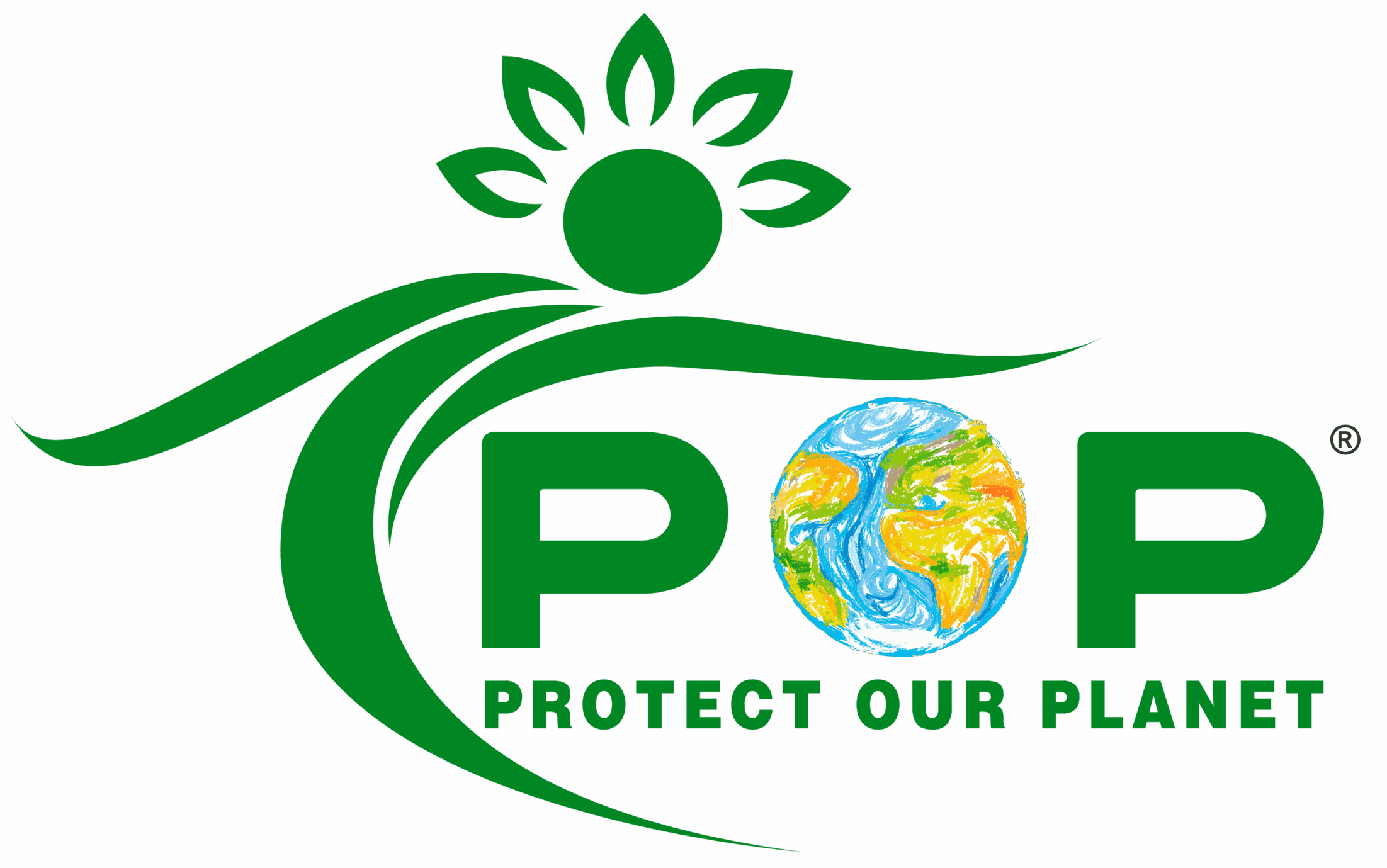Publications
Upcoming Publication
No upcoming publications found.

About: Environmental Justice, defined as “The fair treatment and meaningful involvement of all people regardless of race, color, national origin, or income with respect to the development, implementation, and enforcement of environmental laws, regulations, and policies” (EPA), has been the object of study of this article in which it is shown how through the work of Non-Governmental Organizations (NGOs), the problem of inequalities and problems that arise in the day for certain communities and spaces can be revealed. The background shown and the methodology used are the result of numerous activities developed by “The POP Movement” (2016), in collaboration with various organizations, academic institutions, governments, civil society and particularly with young people from various countries around the world, among others: The International Conference and POP Festival for Youth-Led Climate Action; Intergenerational Dialogue on Environmental Justice and Equity; Latin American Dialogue; GlobalMindED Webinar and Truth and Reconciliation Week. The results obtained from the direct participation of the actors are shown through the problem analysis format, which are recorded within the framework of equity, justice, human rights and the environment, during the events. These results have allowed the design of strategies of action to address the identified problem, under the principle of “Youth inspired by Knowledge.” These results are manifested in various areas: Differentiated impact of climate change; Role of government in environmental justice, and Role of communities and other sectors. Finally, the conclusions obtained during the development of the various events mentioned are presented and that lead us to the following consideration, “The threat of the climate crisis is the one that looms over the world. And yet, the impact of climate change disproportionately affects some of the lives and livelihoods of the world’s most vulnerable and marginalized communities.” Read more>>>

About: This open access book addresses self-care on sexual and reproductive health and rights and HIV prevention and treatment in the most marginalized and vulnerable communities. Case studies and personal narratives are used to share their perspectives and experiences, sources of information for self-care products, motivations for self-care, and challenges and outcomes. Self-care provides the way to reach the last mile in achieving universal health coverage and the Sustainable Development Goals. Issues related to stigma, discrimination and violence among these communities are highlighted. Changes in policies and programs to improve their sexual and reproductive health, education and employment are discussed. The last chapter in the book examines how the agenda on self-care can be advanced in the years ahead. The audience for this publication includes health professionals, researchers, those managing health institutions and service providers. Read more>>>

About: The implementation of new strategies for sustainable adaptation is considered a global challenge, markedly in developing countries across the globe. The past decade has witnessed the urgency of taking action to find solutions to the most pressing challenges of globalization; climate change, public health, economic growth, access to basic services and equity of opportunities. To develop implementable solutions in Latin America, it is necessary to analyze the progress in the last decade in the Sustainable Development Goals, specifically SDG 17 and Scientific Diplomacy. This research paper focuses on science diplomacy, SDG17 and advocating for sustainable development in Latin America. The variant definitions and the exercise of diplomacy will be analyzed by country, in order to ensure transitions with social and economic benefits. This collaborative work in Latin America is expected to clarify and analyze the problematic conditions by identifying multiple factors from different sectors that hinder sustainable development and the achievement of Agenda 2030. The article will also elaborate on the relationship between science diplomacy and sustainable development and its implications in Latin American development, while considering the role of the youth. The progress and role of SDG17 in Latin America will be addressed, as well as the role of diplomacy in achieving it. Read more>>>

About: Set from the perspective of planetary health, the objective of this chapter is to examine the trends set in motion by Coronavirus disease 2019 (COVID-19), attempting to discuss the long-term environmental and humanitarian implications. The emergence of zoonotic diseases has underscored that risk-based interventions need to be designed from the perspective of planetary health. The pandemic response must account for its implications on humans and the planet. To address this subject, the chapter discusses emerging infectious diseases in the context of declining planetary health and the COVID-19 pandemic. The chapter underscores the inadequacy of the transient improvement in some environmental quality parameters and short-term decrease in global greenhouse gas emissions. The inevitable global waste crisis arising from increasing use of plastic and other nonbiodegradable materials in the context of COVID-19 is discussed. Inequalities and vulnerabilities, in light of emerging humanitarian concerns, on account of the COVID-19 pandemic are examined. The need for a long-term vision and recommendations that could potentially address the key concerns flagged in the chapter are then discussed. This chapter argues that planetary health approaches are needed to address the multiscale issues related to environmental quality and human well-being by protecting our planet. Read more>>>




